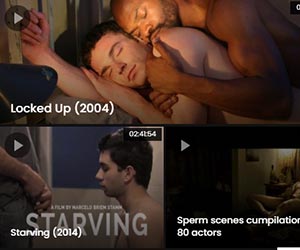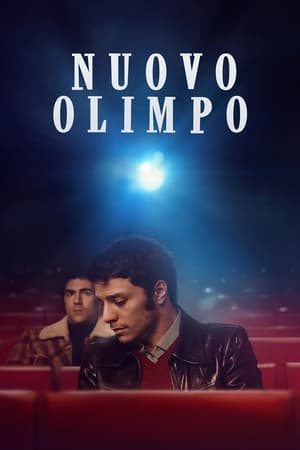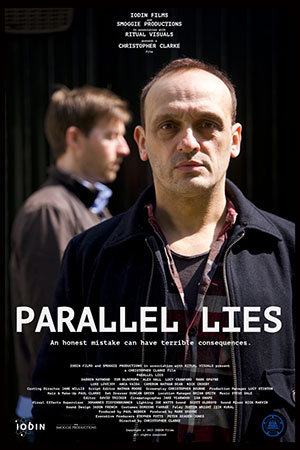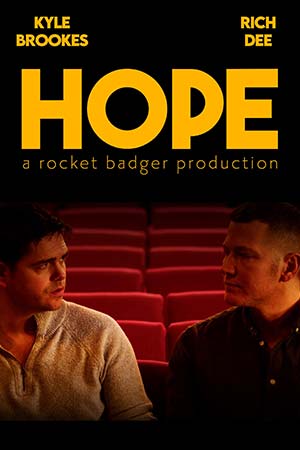A Poignant Journey of Love and Loss in “We Once Were Tide”
“We Once Were Tide” is a deeply moving short film that explores the intricacies of love, loss, and personal discovery within the backdrop of the enchanting Isle of Wight. With a gay protagonist at its center, the film delves into the complexities of relationships, both romantic and familial, against the backdrop of a rural setting.
Anthony, portrayed with brooding intensity by Alexander Scott, finds himself at a crossroads as he cares for his sick mother, a woman facing a terminal illness. His last night with his boyfriend, Kyle (Tristan Bernays), takes on a profound significance as he prepares to face the challenges of looking after his mother alone.
The film beautifully captures the tender and complicated dynamics of the mother-son relationship, presenting an emotional journey that resonates with authenticity. The depth of Anthony and Kyle’s boyfriend-boyfriend relationship is sensitively portrayed, emphasizing the struggles and sacrifices they face while hinting at the enduring nature of their connection.
Jason Bradbury’s direction skillfully captures the intimacy of ordinary moments, such as the shared act of drinking coffee or the sight of a barefoot male navigating their daily lives. The characters’ experiences are brought to life with genuine performances, evoking empathy through subtle details like coughing, telephone calls, and the vulnerability of watching someone sleep.
The film’s visuals are both captivating and thought-provoking, with poignant scenes of bare-chested males, packing suitcases, and riding bicycles symbolizing the themes of moving out, friendship, and the transformative power of companionship. A post-coital scene and a tender male-male kiss further emphasize the exploration of homoeroticism and the intimate connection shared by the protagonists.
While the story unfolds in a rural setting, the film’s themes transcend geographical boundaries. The yearning for a missing mother and the presence of memory lapses add layers of emotional depth to the narrative, enhanced by evocative scenes of characters sleeping shirtless or in their underwear.
With its title serving as a poignant four-word reminder of the transient nature of existence, “We Once Were Tide” skillfully navigates emotions, capturing both moments of joy and heart-wrenching sorrow. The cinematography skillfully plays with lighting and photography, reflecting the characters’ inner journeys and the revelation of long-held secrets.
As tears flow, cigarettes are lit, and the weight of truths is learned, the film delves into the universal themes of acceptance and the human need for connection. A gay kiss, gay sex, and beach scenes add further layers of exploration to the narrative, portraying the complexities of a gay relationship in a sensitive and authentic manner.
The film’s compelling use of imagery, including a hoodie, camera, and photographs, adds visual depth to the storytelling. It skillfully juxtaposes the external beauty of the Isle of Wight’s beaches with the internal struggles and emotional revelations experienced by the characters.
In “We Once Were Tide,” the director and screenwriter craft a cinematic gem that embraces gay cinema while presenting a universal tale of love, longing, and the fragility of life. With England’s stunning landscapes serving as a backdrop, the film takes audiences on an emotional journey that resonates long after the final frame.
























